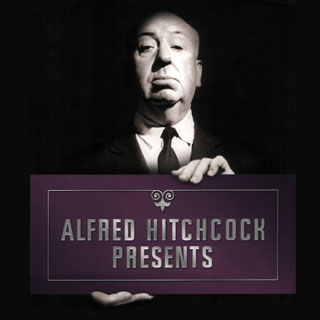
It is also rather safe and predictable and a lot more could have been done with the more psychological aspect, intriguing but half-baked. It could have had a good deal more tension and didn't feel that suspenseful. The story is one of the most ridiculous (in execution that is) of the season and the ridiculousness is fever pitch level by the latter stages, the whole forgetting even smallest things wore thin and became increasingly more hard to swallow. On the other hand, "John Brown's Body" could have been a lot better. The episode starts off quite well, the production values have some nice atmosphere and the main theme is haunting. Hitchcock's bookending is amusing and typically dry-humoured. The ending is the one surprise and also the one part that wasn't hard to swallow. Harold and Vera are two very twisted characters, the extent of how twisted they and their relationship are being the most believable the episode gets, and Hugh Marlowe and Leora Dana have strong chemistry together. The three leads are all very committed and do more than enough to get as much mileage out of the material as possible. "John Brown's Body" isn't a terrible, or even bad, episode, it is though rather disappointing and could have done better with its premise. As far as Season 2 goes, it's in the lesser end too and most of the previous episodes of the season ranged between average and good (with "Conversation with a Corpse" being the only great one and was very pleasantly surprised by "Jonathan"). Despite being quite intrigued by the premise conceptually, "John Brown's Body" is really not one of Stevens' best 'Alfred Hitchcock Presents' outings (in the lesser end to me).

The quality of his episodes though were uneven, with some average or less entries.


Stevens did direct some great episodes for the series, as far as previous episodes of his go "Our Cook's a Treasure" and "The Cheney Vase" are examples of this. After "De Mortuis", "None are So Blind" and "Toby". "John Brown's Body" is the fourth episode of Season 2 that Robert Stevens, the most prolific 'Alfred Hitchcock Presents' director, directed.


 0 kommentar(er)
0 kommentar(er)
